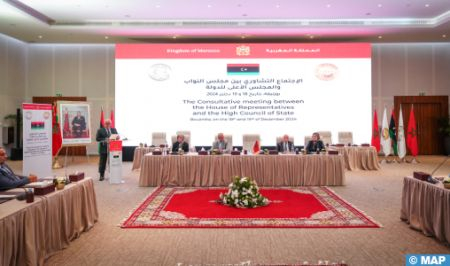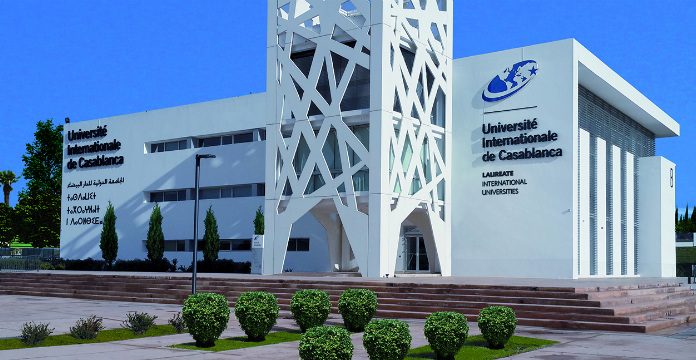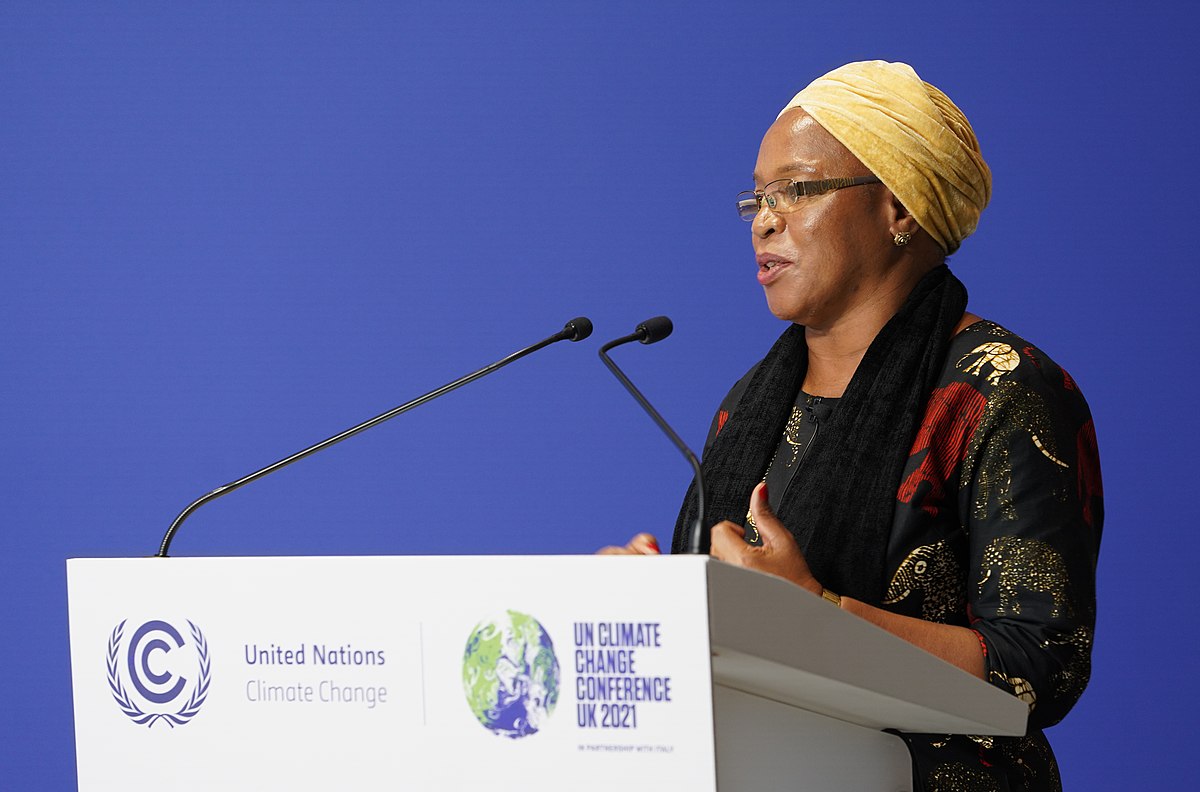Libya’s House of Representatives and the High State Council agreed to work together to take the necessary steps to form a national unity government and organize fair elections to end the institutional division in the country.
This came in a statement following a consultative meeting between the two institutions held in Morocco’s Bouznika.
The two institutions agreed that the solution in Libya requires fair elections, as they also agreed to cooperate with the UN to define a roadmap with clear deadlines to resolve the crisis.
They also agreed to cooperate to address all issues notably elections and the reformation of the executive power in addition to institutional, financial and security reforms, as well as national reconciliation and the fair distribution of resources.
The two institutions also said they would work to unify divided institutions.
The talks came in a series of similar initiatives convened by Morocco which has been urging a Libyan-Libyan solution to the crisis in the Maghreb country.
The Libyan delegates thanked Morocco for its support for Libyans for years to reach a political solution that would safeguard the country’s stability and unity.
“We reiterate our deep thanks and our immense gratitude to sister Morocco, its King, its government and its people, for the hospitality, the warm welcome and the great support that the Kingdom has always provided to the Libyan people for many years to end the crisis and re-establish security, stability and unity in Libya,” stressed the Final Statement.
The two-day meeting between Libya’s House of Representatives and High Council of State was initiated as part of the Inter-Libyan Dialogue in the presence of 120 participants. It is also part of efforts aimed at giving fresh impetus to the political process in Libya and to hold presidential and parliamentary elections, through agreement on a roadmap leading to the formation of a unity government.
Speaking at the opening of the event, foreign minister Bourita said Morocco’s approach to the crisis is based on “non-interference and respect of the willingness of the Libyans,” he said, adding that “Morocco supports the choices of the legitimate Libyan institutions.”
He recalled the breakthrough made by Libyans in Skhirate when they signed nine years ago a political agreement, which “serves as a main referential.”
Libya is undergoing a decisive phase “that requires putting the interest of the nation above all else,” he said.
Morocco hosted a series of inter-Libyan dialogue rounds in Skhirat in December 2015, culminating in the “Skhirat Agreement,” which marked a turning point in resolving the Libyan crisis.
This agreement led to the formation of a Presidential Council for the Government of National Unity, the establishment of mechanisms for unifying state institutions, and the organization of electoral processes to complete the building of state institutions and ensure the sovereignty and territorial integrity of the country, in order to meet the aspirations of the Libyan people for progress, prosperity, and development.



